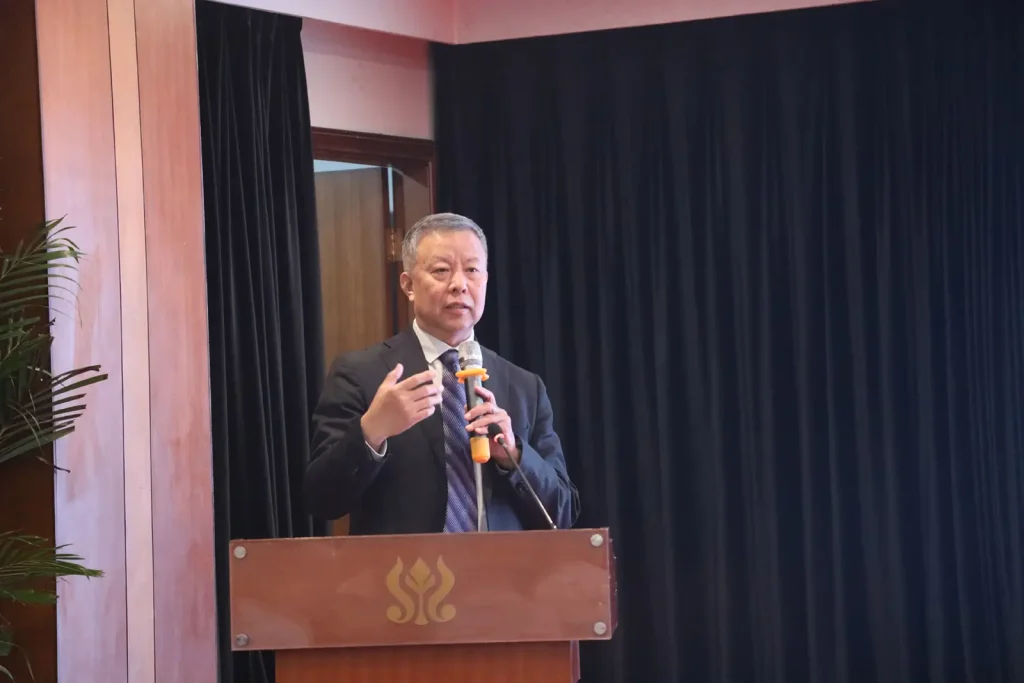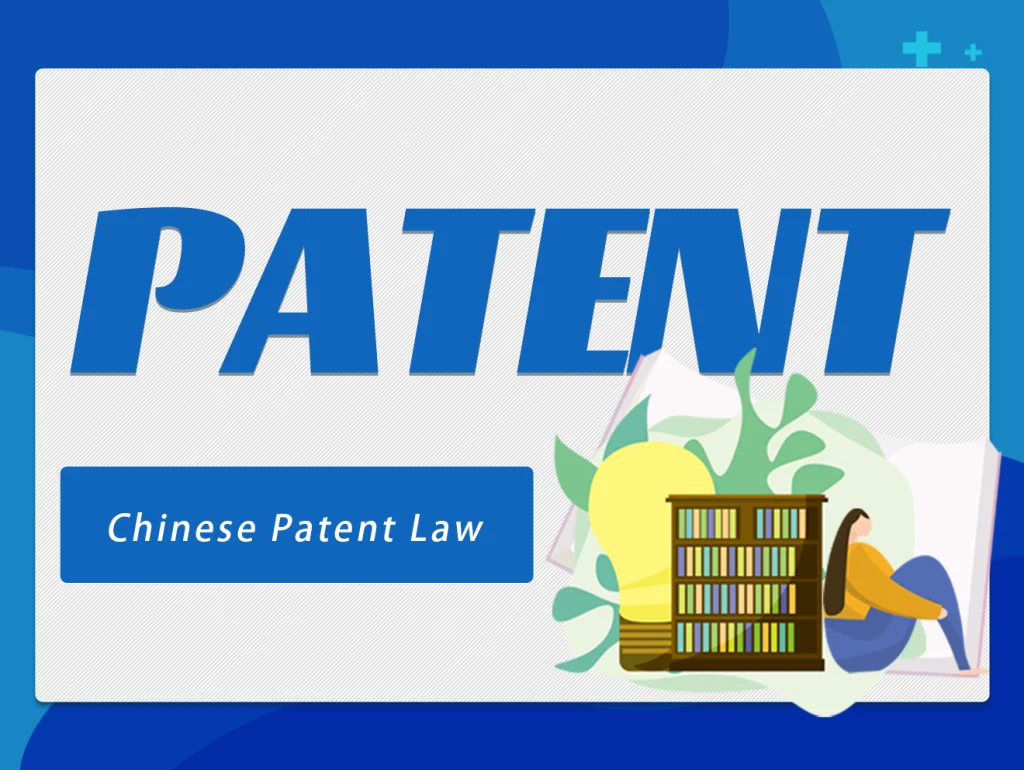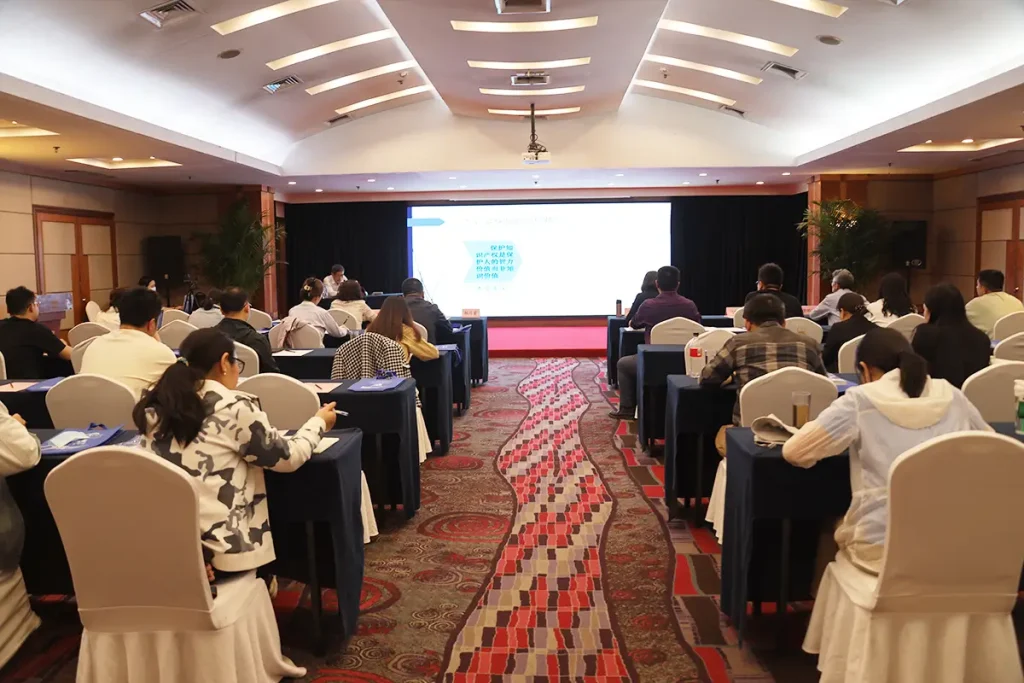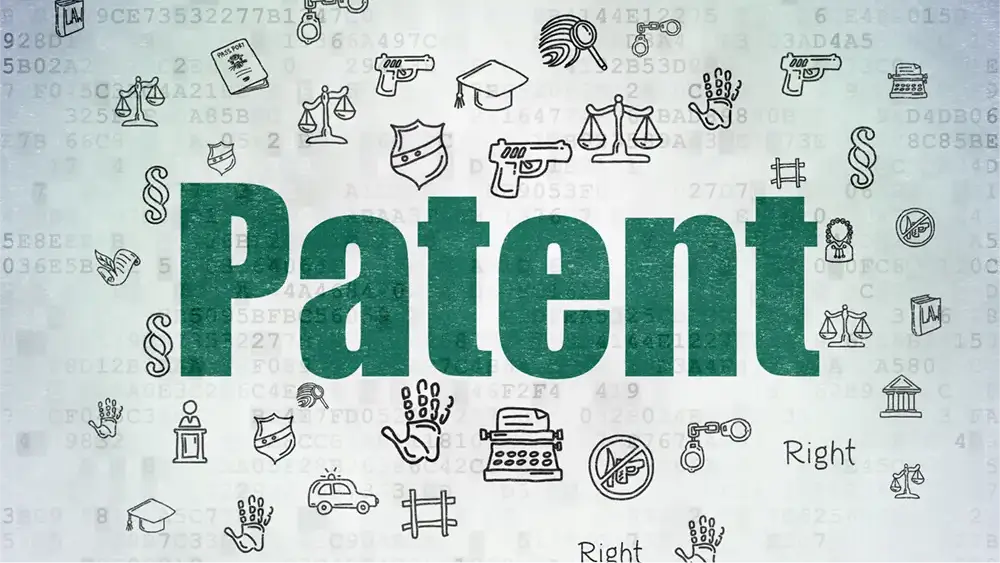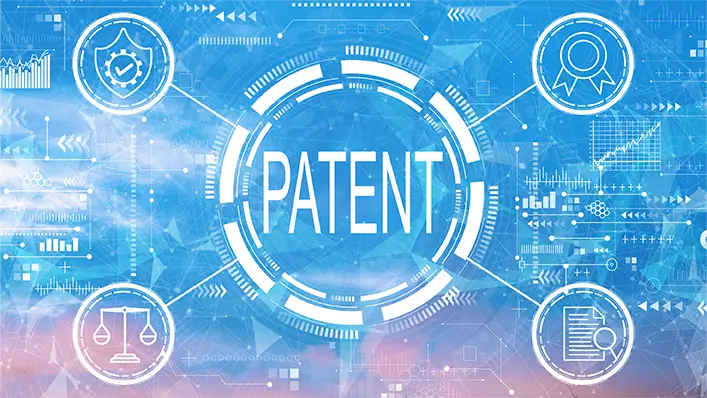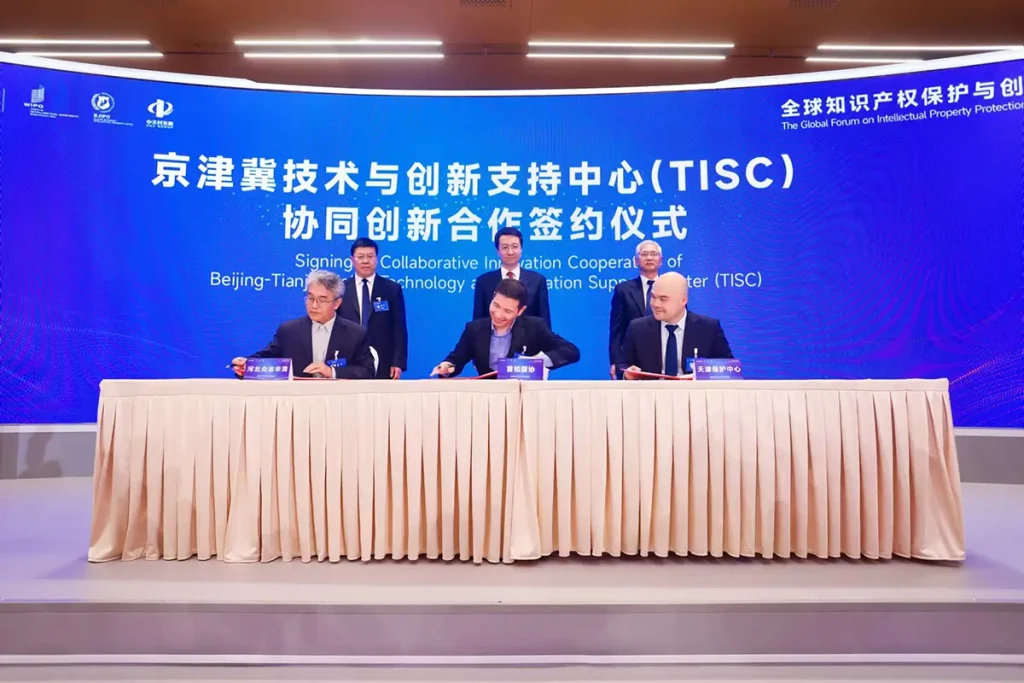South Korea’s letter of consent system begins to be implemented!
On October 6, 2023, the Korean National Assembly passed a new amendment to the Trademark Act, which included the introduction of the much-anticipated letter of consent system and other important content.
Recently, the Korean Intellectual Property Office issued the “Notice on the Implementation of the Trademark Letter of Consent System”.
As an initiative to improve the trademark system for the convenience of applicants, the Korean Intellectual Property Office will implement the trademark letter of consent system from May 1, 2024.
This article will focus on some noteworthy amendments.
I. Implementation time of letter of consent system
The amendment to the Korean Trademark Law will be officially implemented on May 1, 2024.
Trademark registration applications submitted on or after the implementation of the amendment will be subject to the coexistence consent system.
For registration applications submitted previously, including applications designating Korea through Madrid International Registration, as long as they are valid applications that have not been approved for registration on May 1, 2024, the coexistence consent system will be applicable.
If a Korean trademark application is rejected before May 1, 2024 due to a conflict of prior rights, the applicant can maintain the validity of the trademark application by applying for an extension or submitting a review in advance, and submit it to the official after obtaining the coexistence consent document issued by the prior rights holder.
II. Background of the system changes
Under the current Trademark Law, consent letters cannot be used as a means of responding to examination opinions that cite senior marks.
Parties that agree to the coexistence of senior marks and later-applied trademarks have been using the assignment/assignment back strategy to temporarily place the application and senior mark under the ownership of one party before the application is registered.
Once the new amendments come into effect, consent letters can be used to resolve such rejections as long as the parties do not intend to register the same mark for the same goods.
The new amendments further clarify that consent letters can also be submitted for applications that are still pending when the amended Trademark Law comes into effect, making it possible for applicants to start using the new system immediately.
III. Letter of consent system
1. The Korean Intellectual Property Office accepts a letter of consent from the owner of a senior mark to resolve a rejection based on prior similarity.
2. The letter of consent system will apply to trademark registration applications submitted on or after the date of implementation of the amendment.
3. For registration applications submitted previously, including applications designating Korea through Madrid International Registration, as long as they are valid applications that have not been approved for registration by May 1, 2024, the letter of consent system will apply.
4. The letter of consent system will apply to trademarks that are under review and have not been rejected before May 1, 2024. If a rejection notice is received before May 2024 on the grounds of similarity to a prior trademark, an appeal should be considered to the Korean Patent Trial Board, because if a letter of consent can be obtained from the owner of the prior trademark, a letter of consent can be submitted to the Patent Trial Board to eliminate the grounds for rejection due to similarity to the prior trademark.
5. If the trademarks are exactly the same and the goods/services designated in the application are similar, the letter of consent cannot be accepted.
6. For trademarks that have been successfully registered by providing a consent letter, if the trademark is used for fraudulent purposes, causing confusion or misunderstanding among consumers, it may be cancelled.
IV. Key points of application
On the one hand, if the trademarks are identical and the designated goods are also identical, the letter of consent system is not applicable.
On the contrary, if the trademarks are identical but the designated goods are different and similar, and if the designated goods are identical but the trademarks are different and similar, the letter of consent system can be applied.
In this case, even if the words are identical, the trademarks with the addition of identifiable graphics will not be considered identical trademarks, and the consent letter will be accepted.
In fact, for identical trademarks that designate identical goods or services, even if the right holder is the same, they cannot be registered in Korea because the Korean Trademark Law does not allow the same right holder to hold two identical trademarks.
On the other hand, a provision has been added to the Trademark Act that a trademark registered through a letter of consent can be cancelled by requesting a revocation trial if it is used for an improper purpose and causes confusion to consumers.
Therefore, it is necessary to add content about preventing consumer confusion in the consent letter.
Author: Bulu
English homepage:https://bulu-ip.com
Chinese homepage:https://mp.weixin.qq.com/s/RHKuOWG_s-VjLkHTkuT1nw

Shanghai Bulu Intellectual Property Agency LLP
Tel:+86 (0)21 5833 8320
Mail:tisc@joinhua.com
Add:No.199 JinXiang Rd. Pudong, Shanghai, China
© 2026 Shanghai bulu Intellectual Property Firm. Created with ❤ using WordPress and Kubio


